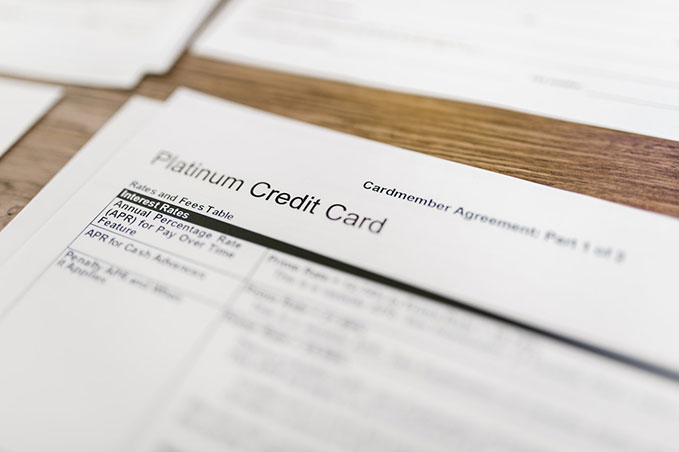Friday, January 20, 2023 11:11 am, Posted by Absolute Destruction

How long do you hold on to your bank and credit card statements? It may very well be longer than you need to. It’s recommended that individuals destroy their bank statements after only one year and businesses destroy them after six.
With banks sending monthly and annual paper statements, it’s understandable to have accumulated a mass of banking paperwork. So, when the time comes to dispose of important pieces like these, what’s the safest way to get rid of your sensitive documents? And why is doing so imperative to safeguard yourself from identity theft?
Why Should You Destroy Old Bank Statements?
Bank statements contain a treasury of personal information, including:
- your name,
- your address,
- your bank account number (though some banks may opt to include just the last four digits),
- your bank branch details, and
- your transactions for the last month (including credits, debits, and your bank balance).
Information like this may seem risk-free, but with your name and address alone, an identity thief could start to piece together key details about you using lesser-known websites — such as cell phone number listing pages.
With your phone number, identity thieves may attempt Phishing. Phishing is an especially common form of identity theft. Phishing is a cybercrime where criminals will contact you via email, text, or phone with either an attractive lure, or an important security alert to gain sensitive information from their target, such as further banking information or even passwords. Having information — like your bank account number or branch details — is a reassuring way for an identity thief to supposedly confirm their authenticity.
Should an identity thief amass vital pieces of information about you — like your social insurance number. They could potentially open bank accounts, take out credit cards or loans, and switch your contact information with credit bureaus.
Furthermore, with select pieces of personal information identity thieves could explore the rerouting of your mail; meaning that they could receive your new cheque books and bank cards — this is especially concerning with tap payments becoming the norm.
Identity Theft May Have Long Term Effects
On a personal level, identity theft can hang over you for years to come. It can leave you with a bad credit rating, making it hard to purchase homes, rent apartments or open bank accounts. Furthermore, in more extreme instances, a bad credit rating can even result in an arrest or criminal investigations.
For businesses, not eliminating bank statements safely means leaving your company open to a data breach. A breach may affect company stakeholders on a financial level while rocking the public’s confidence in your business.
If you suspect you’re a victim of identity theft, contact your bank, your local police, and the CRA immediately.
What’s the Safest Way to Destroy Bank Statements?
Unfortunately, simply throwing your bank statements into the recycling bin isn’t sufficient. From the moment you drop your papers into the bin to the second they end up at a processing plant — you don’t know who they’re going to come into contact with. Furthermore, if it’s a blustery day, do you want your neighbours to get a first-hand insight into your finances?
Tearing up personal documents won’t cut it, either. It’s a snap to reassemble torn-up paper.
The best way to destroy sensitive papers like bank statements and prevent identity theft is to work with one of your local shredding companies — like us at Absolute Destruction.
While you can purchase at-home shredders, they have their downsides:
- the blades often become blunt, causing blockages and improperly shredded papers,
- they can also be very dusty, and
- at home, shredders usually strip-cut papers which, for dedicated thieves, is easy to put back together.
Because we use cross-cut shredders, this means that any document that we process is cut into tiny pieces, like confetti, guaranteeing their absolute destruction. Finally, we provide all our clients (both residential and commercial) a Certificate of Completion once the job is complete.

